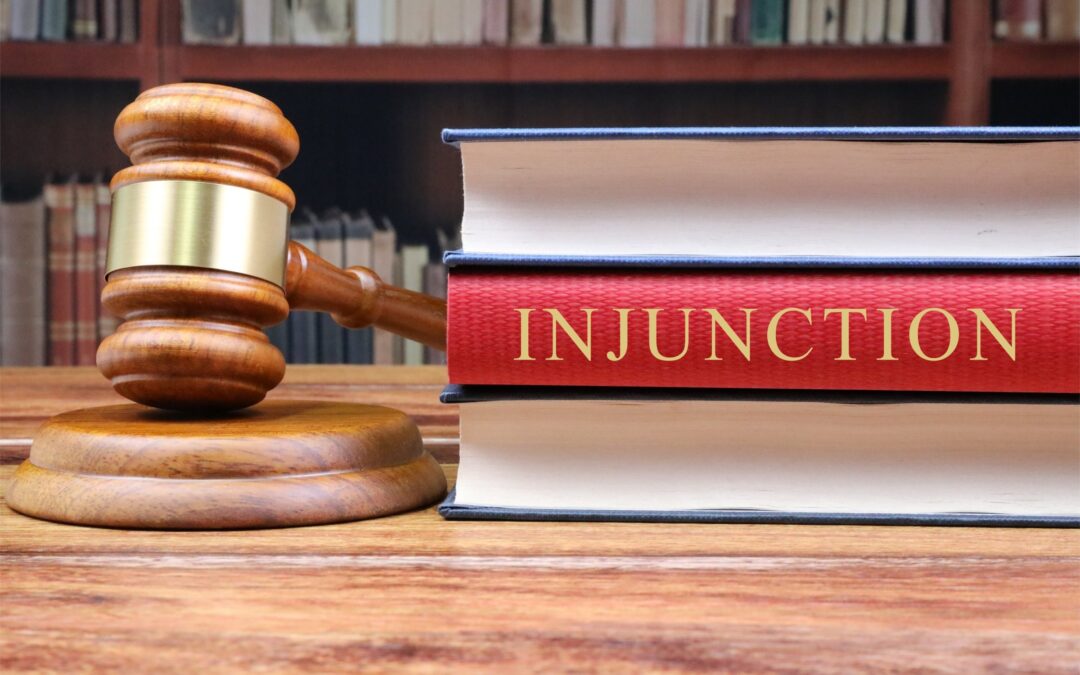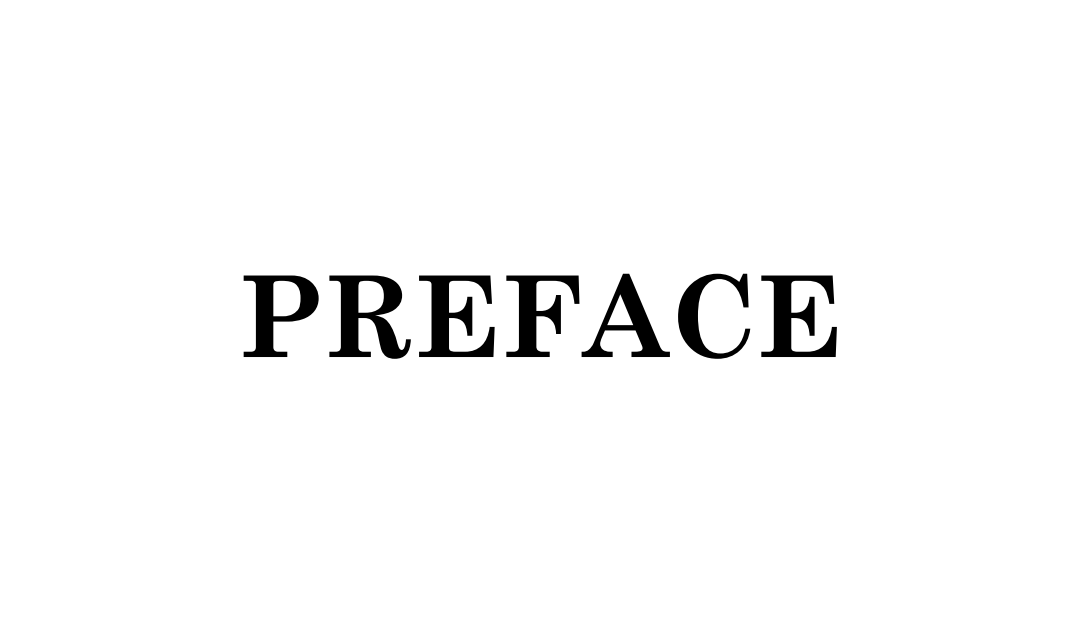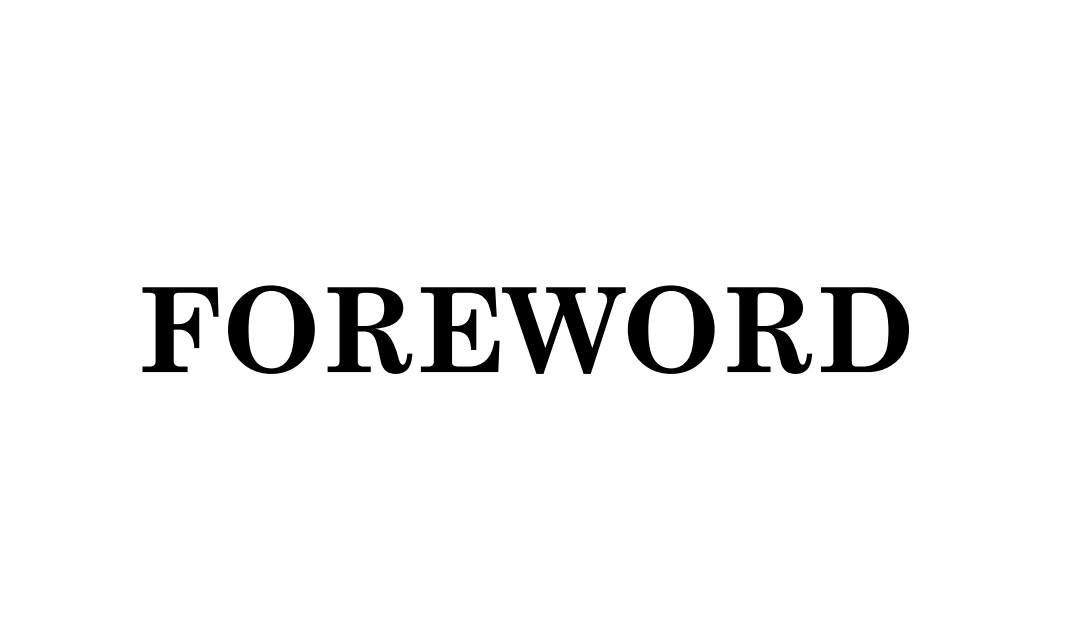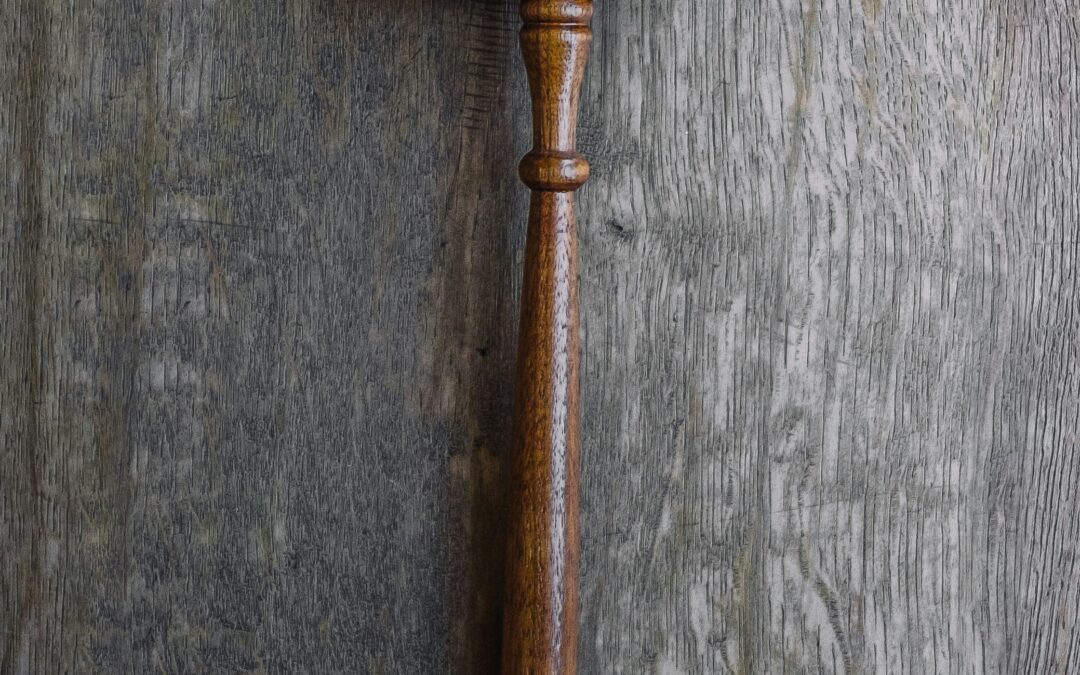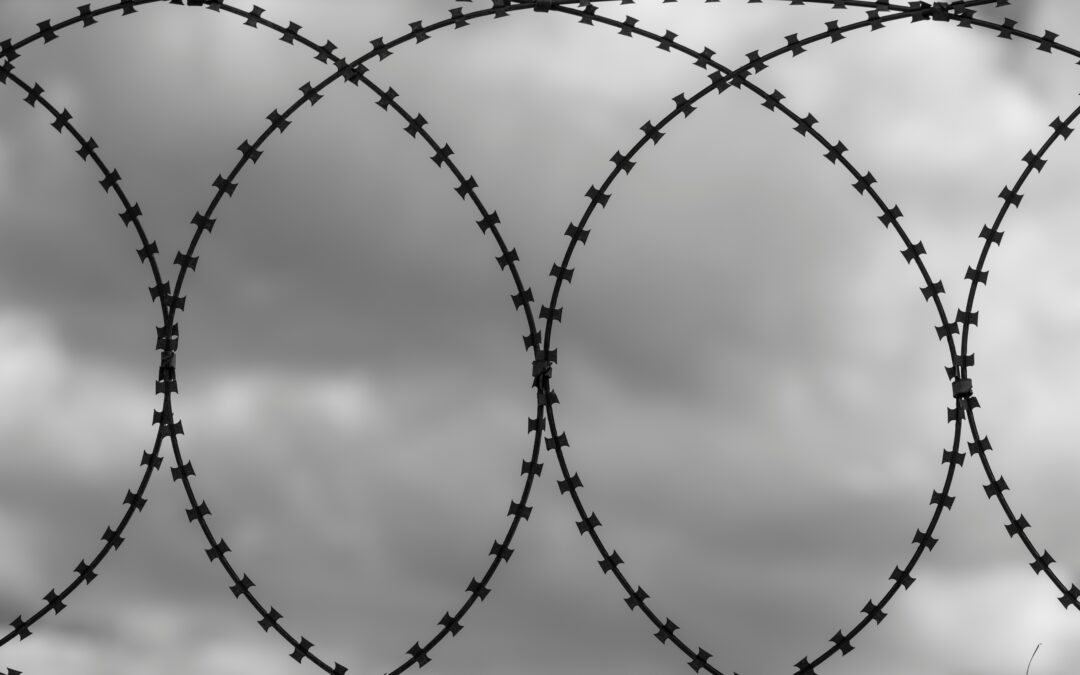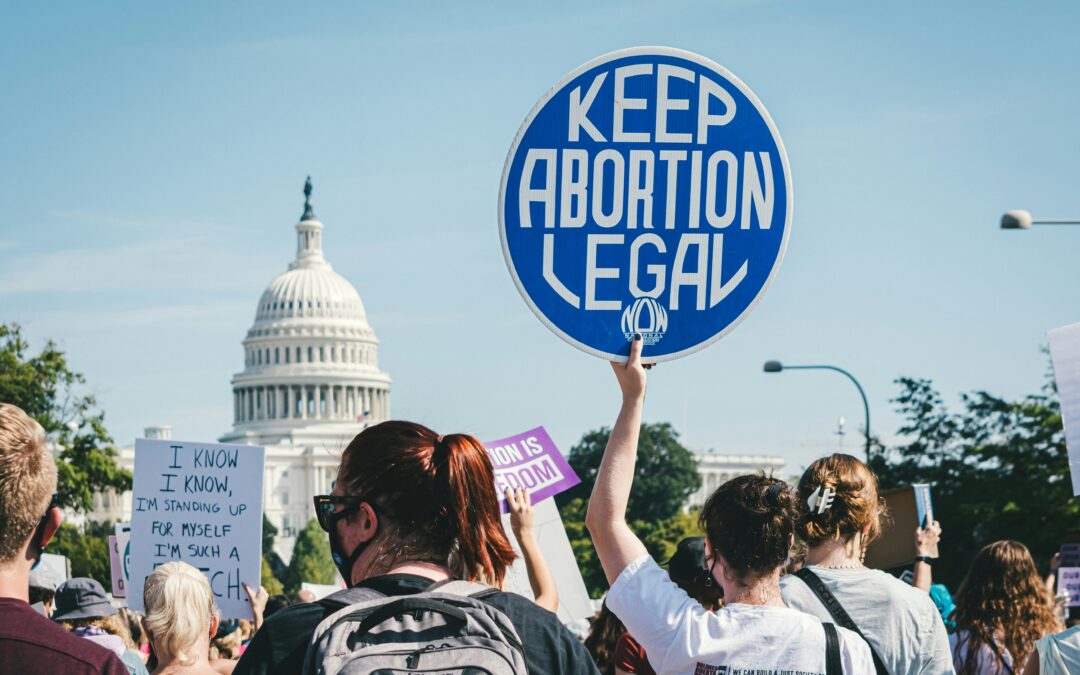
Access, Welfare, and Lawsuits: Restoring Reproductive and Economic Autonomy Post-Dobbs
Read Full Article (PDF)
Access to abortion and increased poverty for women and children are inversely correlated: as access to abortion decreases, feminineand child poverty increase. Women who try to access abortions are more likely to already be mothers, and more likely to be living below the poverty line. In post-Dobbs America, abortion is illegal or severely restricted in approximately half of the states. In states where abortion access is most restricted, women and children experience poverty at the highest rates in the nation.
This article is the first to document the law and policy strategies that collectively increase abortion access and reduce feminine and child poverty. Innovative approaches like the 2023 Texas lawsuit by women who almost died because they were denied abortions are yielding results that directly support women’s economic autonomy. State legislatures and governors are legally enshrining women’s rights to access abortion and doctors’ and nurses’ rights to provide abortions. And voters are going to the polls in droves to protect abortion access, with victories in every state where it was on the ballot in the two years since Dobbs. This article chronicles those abortion access strategies and more, including the increasing importance of
medication abortion, which remains vulnerable to legal challenges despite the Supreme Court’s 2024 dismissal of the Alliance for Hippocratic Medicine’s lawsuit for lack of standing.
Jill C. Engle *
* Jill C. Engle is the Interim Associate Dean for Diversity, Equity, Inclusion and Belonging and a Professor of Clinical Law at Penn State Dickinson Law (University Park). For her contributions to the work on the article, special thanks to my outstanding research assistant Eboni Barbour. For their feedback on the article, many thanks to Professor Emerita Kit Kinports; to those who attended my presentation of it as a work-in-progress at Seton Hall Law School in March, 2024; and to the participants at the Law and Society Association’s Feminist Legal Theory Collaborative Research Network’s session during the annual meeting in May, 2023, where I presented it as an early-stage project.

